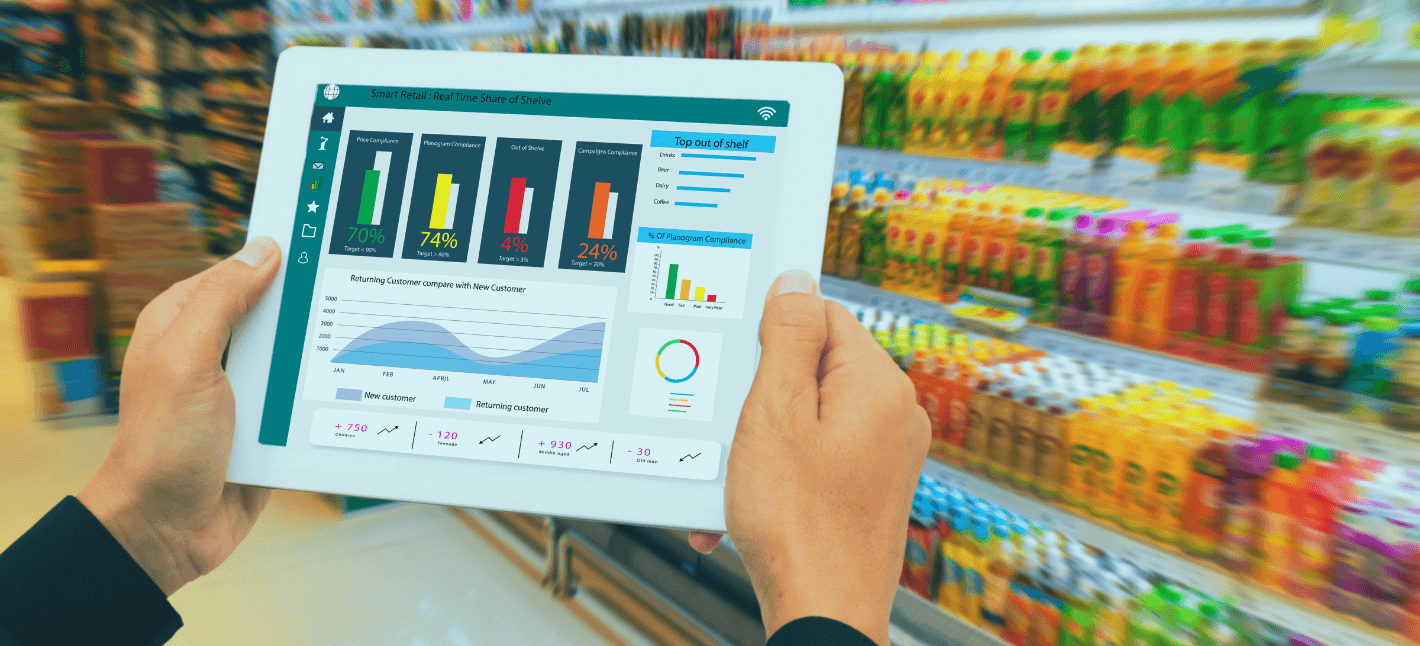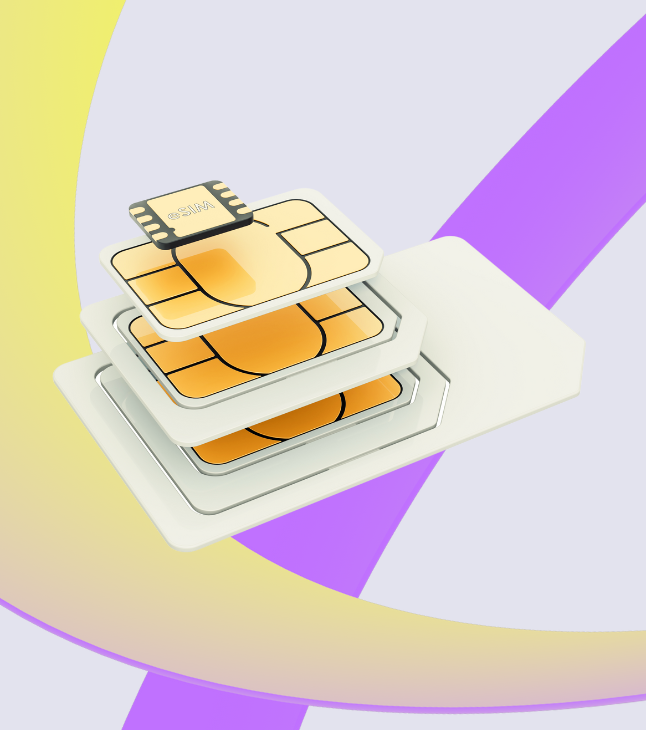As a buyer, the shopping experience is as essential as the quality of the product we buy. A good retail experience can directly contribute to overall sales and revenue. What if there was a way to enhance the buying experience with the help of the Internet of Things?
How IoT technology is used in retail
The retail industry has various areas that can be transformed by IoT. Here are a few examples of where IoT can upgrade retail outlets:
- Streamlining retail operations
- Better security, loss prevention, and monitoring for shops
- Smarter and more insightful inventory management
- Automating retail processes
- Improving customer experience
- Retail analytics
Examples of IoT-powered retail projects
IoT is gaining sufficient acceptance and popularity in the retail domain. There are already a handful of IoT retail projects in action while more are being developed. Here are some examples:
- IoT-based smart shelves
IoT sensors on smart shelves can help retail outlets monitor their inventory levels. Outlets can detect low stocks and misplacements, and manage the shelves accordingly. - Smart tags on products
IoT smart tags can use RFID on every product to keep track of their movement, purchase, product information, and theft protection. Due to RFID’s affordability, such IoT solutions are gaining wide acceptance. - Self-checkouts & smart shopping carts
IoT can optimize the consumer buying experience by allowing them to select products and complete the checkout process independently, without the need for manual assistance. Smart carts with self-checkout solutions are a growing trend. - Post-sales customer engagement
Post-sales engagement is important for brands to build customer retention and loyalty. IoT can help ensure that consumers interact with products and outlets even after the purchase. - Tap-to-know interactive experience
IoT technologies such as NFC and RFID also allow consumers to have an interactive experience where they can tap on a particular product with their phone and browse the product’s website or brochure. - Retail Analytics
Analytics are used for store layout optimization, cross-marketing opportunities with other shops in a mall, staff planning (sales and loss prevention), and operations planning. - Digital signage
Digital screens provide the opportunity to sell store space to companies for advertising purposes, whether it is for in-house or external use.
Personalizing customer experience
IoT uses customer data and patterns to understand the choices of buyers and to suggest the most suited products accordingly. This way buyers can find the products they need, and the retail industry can generate more revenue. Better customer experience is at the heart of IoT implementations in the retail industry.
Inventory management with smart shelves
Analyzing what is in demand helps retail businesses increase their cash flow. IoT inventory management can help restock retail outlets with the right products at the right time. In addition to supply chain management, Smart shelves can help organize products by assisting store managers with product placement.
Everything you need to know about IoT SIMs
Reduction of operational costs
Small or medium-sized business outlets often operate on slim profit margins and lack the financial capacity to hire additional staff to manage their operations. IoT can help manage retail outlets easily from energy metering to theft detection. By reducing operational costs, IoT allows small business owners to be competitive and thrive in the market.
Smart checkouts and retail automation
IoT assists in automating various retail operations such as self-checkout, employee management, supply chain management, and restocking. This automation contributes to enhancing the customer experience and allows retail stores to focus on their core priorities.
The future of IoT in the retail industry
The lower cost of implementation and a higher value in return make IoT an asset for the retail market. Smart retail stores can be futuristic in terms of customer experience, product marketing, operational control, and smart inventories. With cellular networks like 5G, IoT retail applications can offer an immersive experience down the road with Augmented Reality. Only the future can tell how much impact IoT will have on the retail industry.
IoT SIM connectivity for Smart Retail use cases
Using Wi-Fi might seem obvious initially due to common availability. Still, issues like weather, wrong setup, and security often arise, making retailers worry about additional issues.
Opting for mobile (cellular) connectivity through Smart SIM cards is simpler, and here at Freeeway, we understand the critical role that IoT connectivity plays in supporting the constantly growing retail industry.
That’s why we offer an exceptional solution through our IoT SIM card, providing you with the best connectivity experience available. With our robust network coverage spanning over 680 networks worldwide, you can rest assured that your smart shelves, tags, and shopping carts will operate flawlessly.
Say goodbye to connectivity issues and say hello to the transformative power of IoT connectivity with Freeeway!





